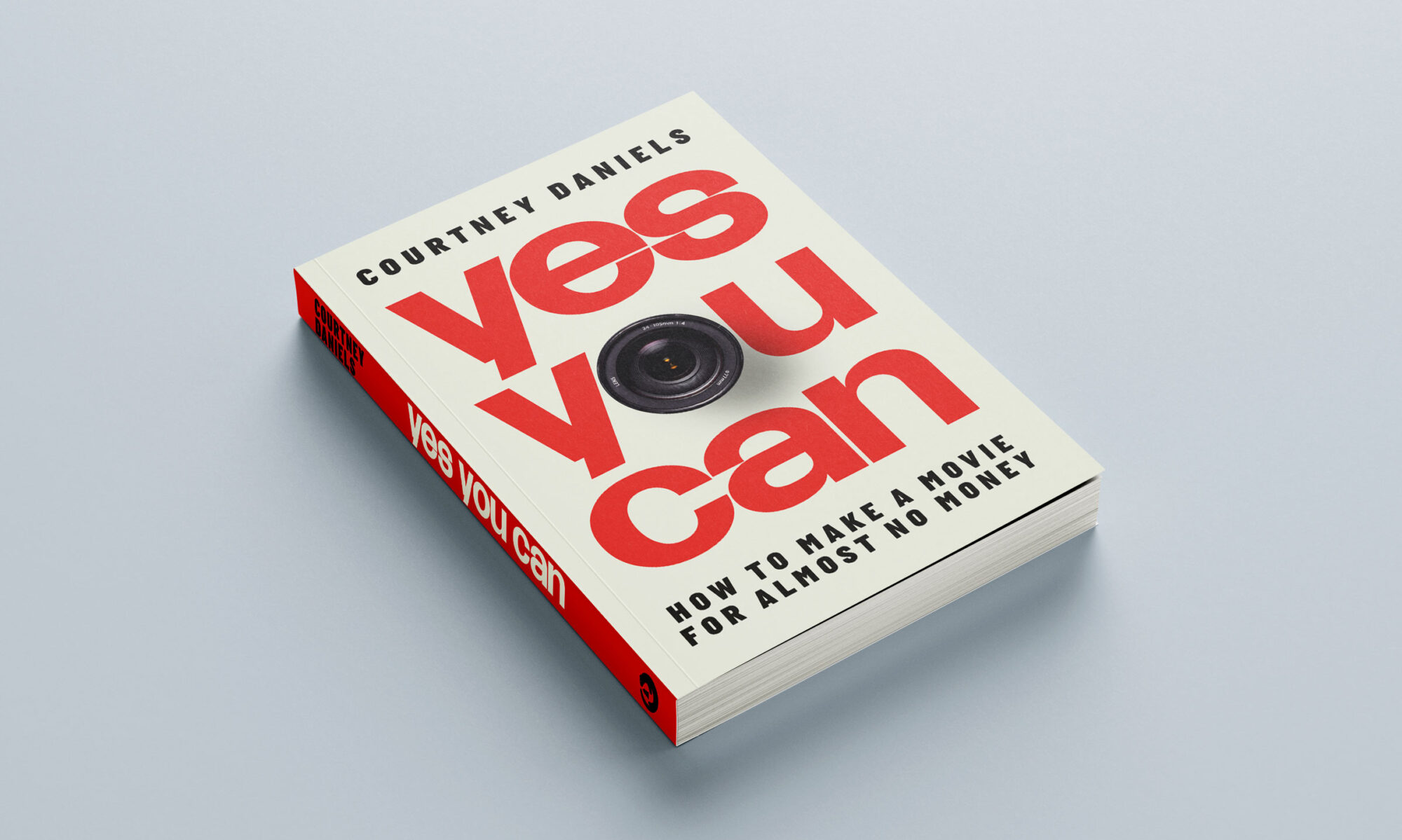“All of us lead two lives—our public lives, which are visible to others, and our private lives, which are not. Richard (in the movie) is obsessed with the values of public life—status, rank, ‘success’. His view of the world, divided into Winners and Losers, judges everyone—including himself accordingly. These values have become seemingly inescapable in our media-saturated culture—from American Idol, to professional sports, to the weekend box office reports. Everything, it seems, has become a contest.
The problem with this worldview is that it neglects and devalues the realm of the private—family, friendship, romance, childhood, pleasure, imagination, and the concerns of the spirit. Our private lives—invisible to the outside world—tend to be far richer and more gratifying than the rewards of public life. We would do well, as poets and philosophers have long advised, to turn away from the bustle of the world and cultivate the gardens of our souls.
And yet—as I learned in July 2001 (when waiting for people’s reaction to the script)—it is extremely difficult to set aside the judgments of the world and march to your own drummer. To “do what you love and fuck the rest”, as Dwayne (in the movie) says. That is a hard path, and not often one that leads to happiness or fulfillment. I wouldn’t recommend it to everyone.
What I would recommend—and this is the central hope of the movie—is that we make an effort to judge our lives and the lives of others according to our own criteria, distinct from the facile and shallow judgments of the marketplace.
James Joyce once said we should treat both success and failure as the imposters they are. I would humbly concur—the real substance of life is elsewhere.”

